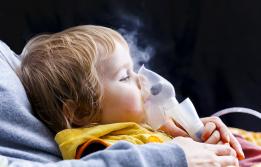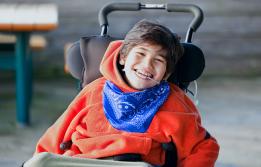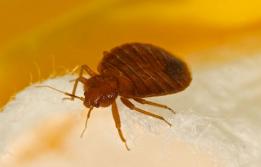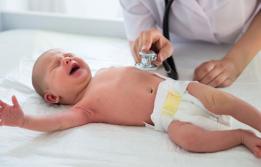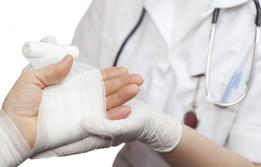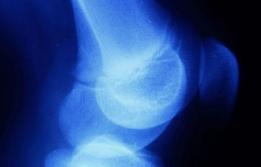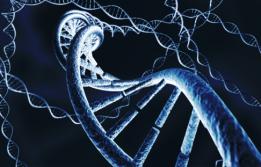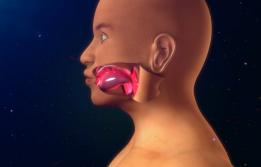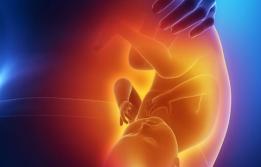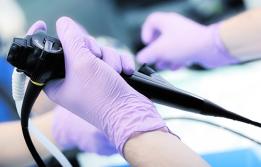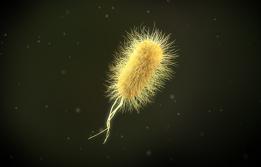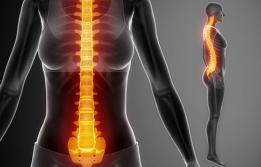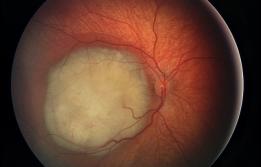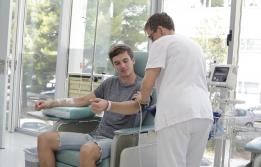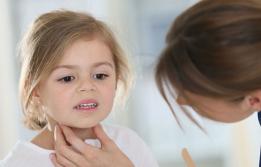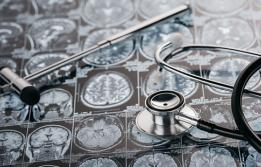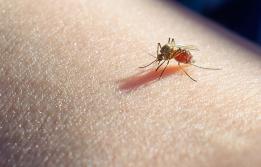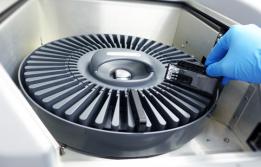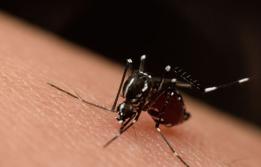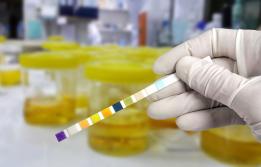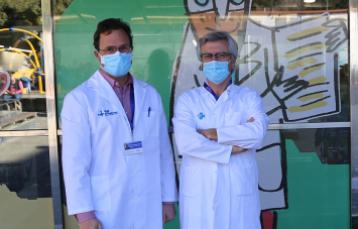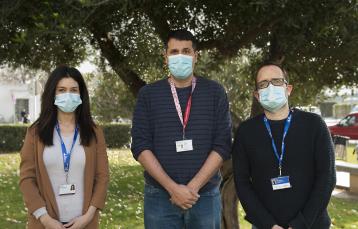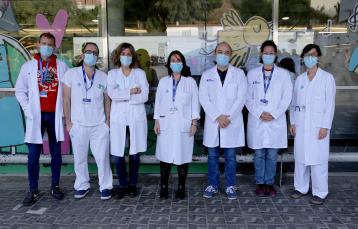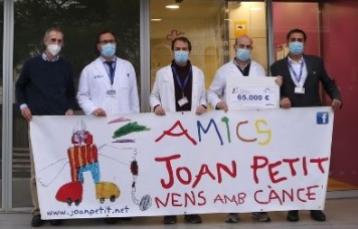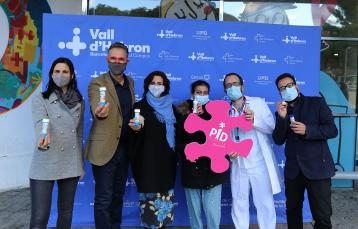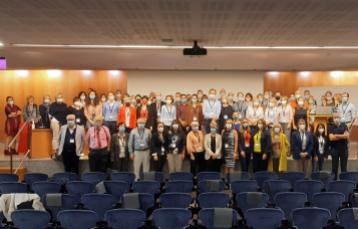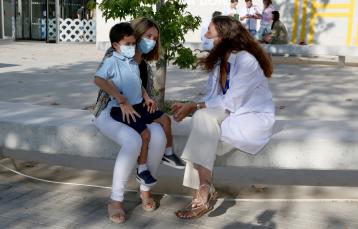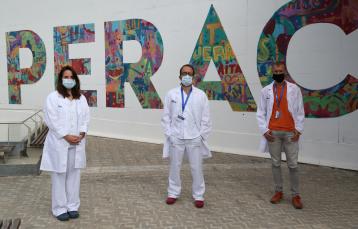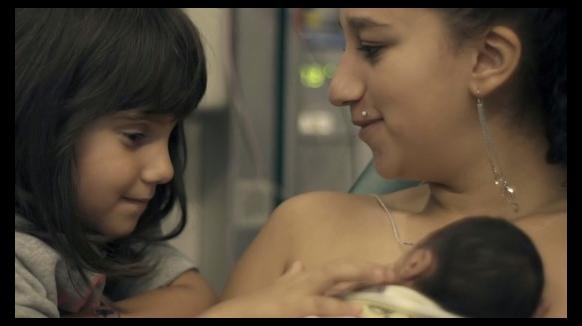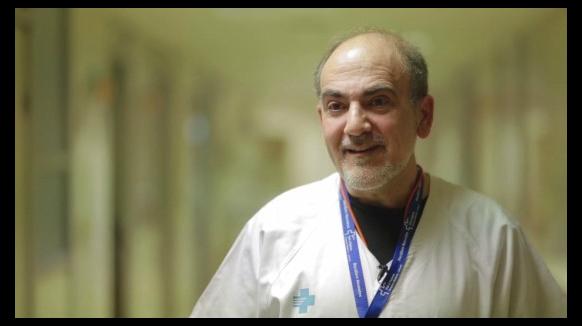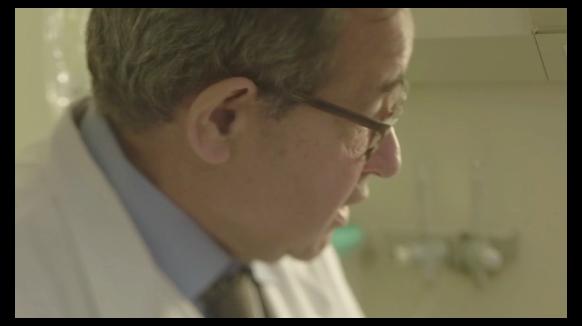Paediatrics
Description
Over the last few years, paediatrics at Vall d’Hebron has been residents’ first choice, and in the 2017 exam session achieved the best results of any Spanish hospital.
The Department has a Paediatrics Teaching Subcommittee, comprising twelve tutors and twenty residents overseeing the practical application of the training and its integration into healthcare activities. Thanks to the involvement of these professionals, we can ensure supervised completion of the training programme objectives.
This Teaching Unit comprises different healthcare departments and units, including the Paediatrics, Nephrology, Neonatology, Paediatric Oncology and Haematology, Intensive Care, Neurology, Endocrinology, Infectious Diseases, Allergies, Cardiology, Respiratory Medicine, Gastroenterology, and A&E Departments.
It is vital for residents to train in research methodology as this is necessary to take part in and develop research projects. From the second year onwards, we invite residents to carry out research work, and a minimum number of papers and publications is required in addition to their full cooperation in sessions within the Department.
Accredited places: 18
Download the Unit training programme
Why specialise at Vall d’Hebron?
- Because you will work in a hospital that is a direct point of reference for the other hospitals in Catalonia and other autonomous communities.
- Because we have a perinatal unit with advanced technology to treat any pathology.
- Because we treat paediatric patients who require the most advanced medical-surgical technology due to the complexity of their illnesses.
- Because we are equipped to carry out different kinds of surgery, such as cardiac surgery, neurosurgery, kidney transplants; and because our facilities enable us to perform ECMO, extracorporeal cardiac surgery and a whole other range of interventions.
- Because a tutor will provide ongoing supervision during your four years of training.













